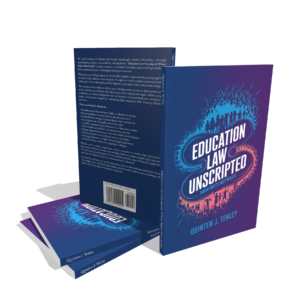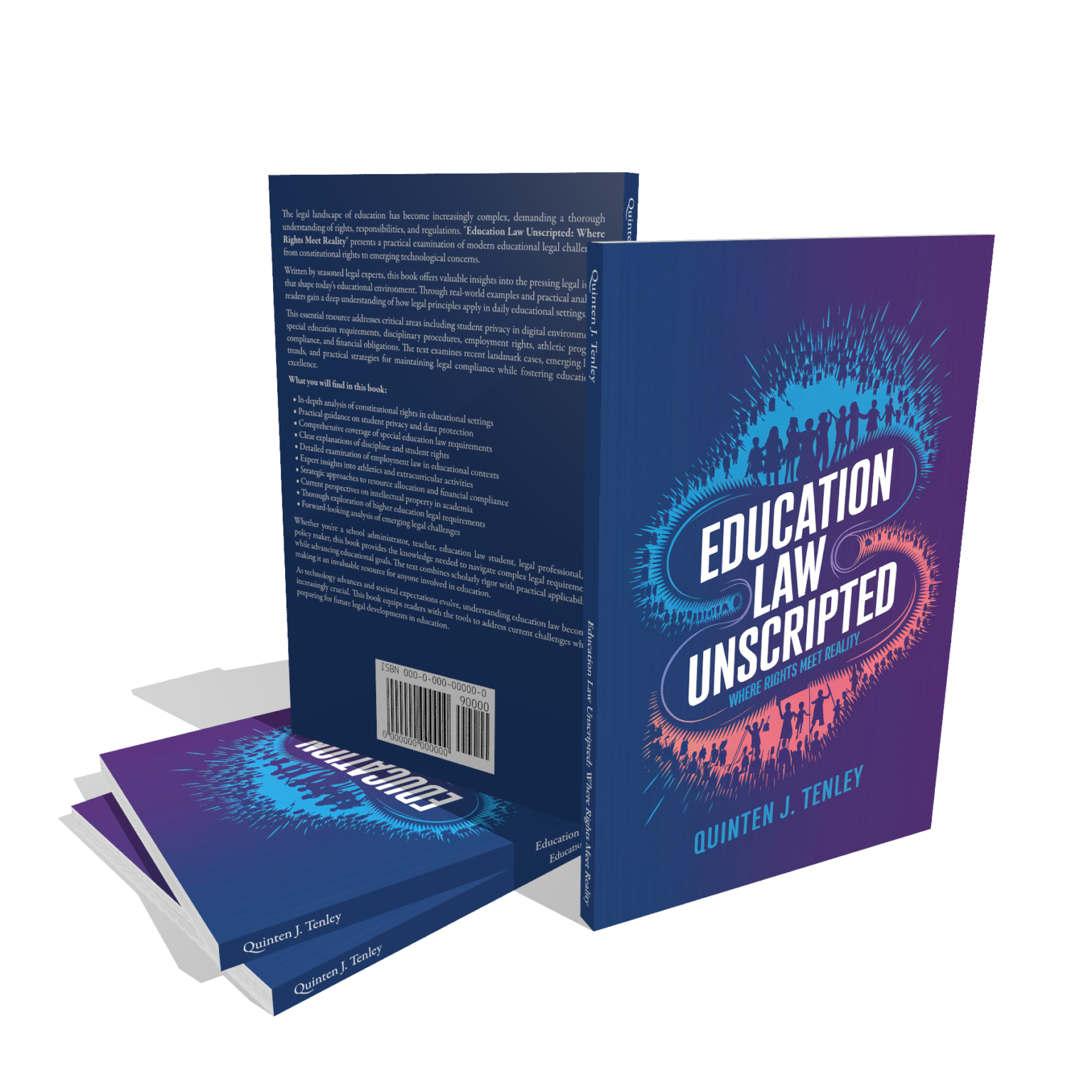Education Law Unscripted Review – Complete Guide to Student Rights and Legal Compliance in Schools

Education law complexity can overwhelm even the most experienced educators and administrators navigating today’s challenging legal landscape. If you’re struggling with student privacy concerns, special education compliance, or disciplinary procedures that protect both institutional interests and student rights, you’re not alone. “Education Law Unscripted: Where Rights Meet Reality” delivers practical solutions for these pressing challenges, offering clear guidance that bridges the gap between legal theory and real-world educational practice. This comprehensive resource stands apart from generic legal texts by focusing specifically on actionable strategies for education law compliance while maintaining educational excellence.
Unlike abstract legal textbooks that leave you wondering how to apply complex regulations, this guide provides concrete examples and practical frameworks you can implement immediately. The authors expertly navigate the intersection of constitutional law, student rights, and institutional responsibilities, making this essential reading for anyone involved in educational decision-making.
What You’ll Discover
- Student Privacy Protection Strategies: Master digital privacy compliance and data protection measures that safeguard student information while enabling effective educational technology use
- Special Education Law Mastery: Learn comprehensive IDEA compliance strategies, IEP development procedures, and legal requirements for serving students with disabilities in the least restrictive environment
- Disciplinary Procedure Excellence: Discover fair and legally compliant disciplinary frameworks that maintain school order while protecting student due process rights
- Constitutional Rights Application: Understand how constitutional interpretation directly impacts student rights and educational policy development in your institution
- Educational Equity Implementation: Transform your approach to creating inclusive educational environments that comply with federal anti-discrimination laws and promote equal opportunities
- Employment Law Navigation: Master the legal complexities of hiring, evaluating, and managing educational staff while protecting both employee and institutional rights
Why This Book Matters
Educational institutions face unprecedented legal challenges as technology advances and student rights evolve. This book addresses the critical gap between understanding legal requirements and implementing practical compliance strategies that work in real educational settings. Whether you’re dealing with cyberbullying incidents, special education disputes, or privacy concerns in digital learning environments, you’ll find evidence-based solutions that protect both students and institutions.
The practical case studies and real-world examples help you understand not just what the law requires, but how to apply these principles effectively in your daily practice. This immediate applicability makes it invaluable for preventing legal issues before they arise while fostering an educational environment that truly serves all students.
Key Features
This comprehensive ebook spans multiple chapters covering essential education law topics from student privacy to athletic compliance. Available as an instant digital download, you’ll receive immediate access to practical frameworks, case study analyses, and implementation strategies. The format allows for easy reading on any device, with searchable content for quick reference during critical situations. Also available as audiobook on Google Play Books and Spotify for convenient listening during commutes or while exercising, making it perfect for busy educators and administrators.
Frequently Asked Questions
How does this education law guide help with student privacy compliance?
The book provides specific strategies for FERPA compliance in digital environments, including data protection protocols, third-party vendor agreements, and privacy policy development. You’ll learn practical approaches to safeguarding student information while maintaining effective educational technology programs.
Is this special education law resource suitable for administrators without legal backgrounds?
Absolutely. The authors present complex legal concepts in accessible language with real-world examples that help you understand both the requirements and practical implementation. The focus on actionable strategies makes it perfect for educators and administrators seeking compliance guidance.
Does the book address current challenges like digital learning and remote education legal issues?
Yes, the book extensively covers modern challenges including digital privacy, remote learning compliance, and technology-related legal issues. It provides up-to-date guidance on emerging legal trends affecting contemporary educational practices.
Get Your Copy Today
Transform your approach to education law compliance with this comprehensive guide. Available for instant download at just $6.99, this ebook provides exceptional value compared to expensive legal consultations or specialized training courses. Also available as audiobook on Google Play Books and Spotify for flexible learning. Purchase your copy through all major ebook retailers including Apple Books, Barnes & Noble, and Kobo to begin implementing effective legal compliance strategies in your educational setting today.
Watch the Video Review

